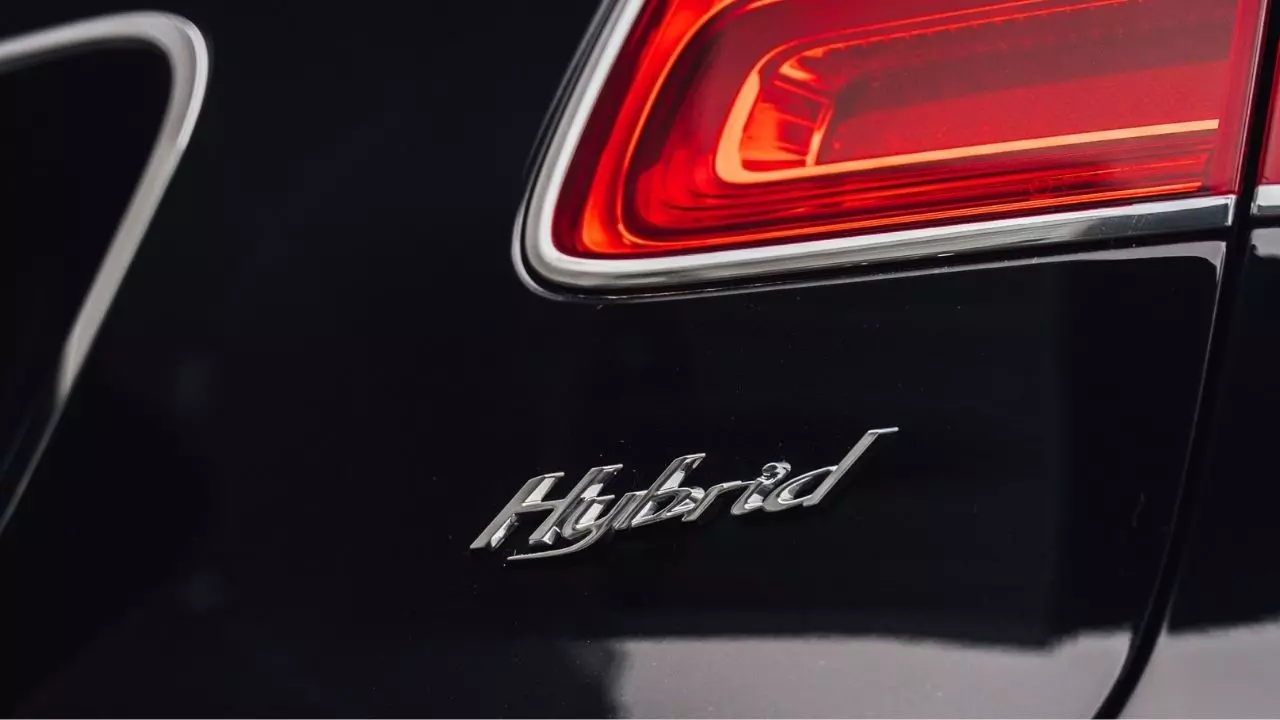Greetings to all road trip lovers and hybrid vehicle enthusiasts! As we embark on our journey today, we’re tackling a burning question in the world of eco-friendly travel: Are hybrid cars suitable for long-distance driving? This topic is particularly relevant in our increasingly environmentally conscious world, where hybrid vehicles are often associated with city driving. However, the evolution of hybrid technology has brought us to a point where these vehicles are now contenders for long-haul adventures. So, let’s dive deep and unravel the mysteries of hybrid cars on the open road!
The Hybrid Advantage on Long Drives
Hybrid vehicles are a beacon of fuel efficiency, a trait that shines brightly on long drives. A compelling example of this is the Toyota RAV4 Hybrid’s journey from Singapore to Thailand and back, achieving remarkable fuel economy on just a single tank of gas. This efficiency translates into fewer pit stops for refueling, allowing for a more seamless and uninterrupted journey. Beyond saving on fuel costs, this advantage plays a significant role in reducing environmental impact, making hybrids a top pick for eco-conscious road trippers.

Pros of Hybrid Cars for Long-Distance Travel
- Superior Fuel Efficiency: The standout benefit of hybrids on long journeys is their ability to conserve fuel over extended distances. Unlike conventional vehicles that may require frequent refueling, hybrids can drive further on less fuel, often translating into significant cost savings on gas.
- Eco-Friendly Travel: Hybrids produce fewer emissions compared to traditional vehicles. This eco-friendliness is especially appealing for those traveling through areas with stringent emissions regulations, providing peace of mind and a reduced carbon footprint during your travels.
Cons of Long-Distance Hybrid Travel
- Performance Constraints: Despite their advantages, hybrids may fall short in power and performance compared to traditional vehicles. Many hybrids feature smaller engines, which could impact acceleration and top speed, potentially making highway driving and steep climbs more challenging.
- Limited Cargo Space: For those who travel with a lot of luggage or camping gear, some hybrid models might not offer the same cargo capacity as their gasoline-powered counterparts, which could be a drawback for extensive road trips.
- Potential Higher Repair Costs: Although hybrids typically come with comprehensive warranties, the specialized parts and labor required for these advanced technologies can lead to higher repair costs in case of a breakdown on the road.
Hybrid Variants and Their Suitability for Extended Journeys
Hybrid vehicles vary in their design and functionality. Full hybrids, like the Toyota Prius, exemplify self-charging capabilities by combining an electric motor with a combustion engine, allowing the battery to recharge while driving. On the other hand, Plug-in Hybrids (PHEVs) are more reliant on external charging points and may require more frequent stops to recharge on long trips. Understanding these differences is crucial when choosing a hybrid for long-distance travel.
Key Factors Influencing Hybrid Range
- Optimal Speed for Efficiency: One notable aspect of hybrid vehicles is their optimal performance at lower speeds. Generally, these vehicles are more efficient when driven under 50 mph, aligning more with city driving scenarios. When driven at highway speeds above 50 mph, hybrids tend to lose some of their fuel efficiency, which is a key consideration for long-distance trips.
- Charging Considerations for PHEVs: Planning is essential for trips involving PHEVs. It’s important to charge these vehicles overnight before embarking on a journey and to plan charging stops along the route, especially for longer drives.

Preparing Your Hybrid for the Long Road Ahead
Embarking on a journey with a hybrid car isn’t just about hopping in and driving off. It’s a strategic mission that requires careful planning and attention to detail, especially for plug-in hybrids (PHEVs). Here’s a more in-depth look at how to prep for your adventure:
Route Planning: The Heart of Your Journey
- Map Your Charging Stops: For PHEVs, the availability of charging stations is a pivotal factor. Use apps to locate charging points along your route and plan your stops accordingly. This planning isn’t just about charging; it’s about integrating breaks into your journey, perhaps at scenic spots or cozy diners, turning necessary stops into enjoyable interludes.
Vehicle Checks: Ensuring a Smooth Ride
- Fluids Check: Even though hybrids are partially electric, they still require checks on various fluids. Ensure your engine oil, coolant, brake fluid, and washer fluid are topped up and ready for the long haul.
- Brake System: Your brakes are your best friend on long trips. Test them thoroughly. If there’s any squeaking or sponginess, it’s time for a check-up.
- Lighting System: Verify all lights, including dashboard indicators, headlights, and brake lights, are functioning correctly. This is crucial for both your safety and communication with other road users.
The Hybrid-Specific Checklist
- Battery Health: For PHEVs, the health of your battery is paramount. Ensure it’s fully charged before departure. If your vehicle has a history of battery issues, consider having it checked by a professional.
- Charging Gear: Pack your charging cables where they’re easily accessible – not buried under luggage. Also, ensure your charging apps are updated to the latest version for a hassle-free charging experience.
- Tire Inspection: Hybrids are heavier than traditional cars due to their batteries. This extra weight can impact tire wear. Check your tire pressure and tread depth to ensure they’re in good condition for a long trip.
Wrapping Up
In conclusion, hybrid vehicles emerge as strong contenders for long-distance journeys, striking a balance between eco-friendliness and efficiency. Their impressive fuel economy and reduced emissions make them attractive for environmentally conscious travelers. However, when planning a road trip in a hybrid, it’s important to consider factors like their performance capabilities, especially at higher speeds, and the available cargo space. Additionally, for PHEVs, planning charging stops and conducting thorough vehicle checks are essential. So, if you’re setting off on a long drive, remember that a well-prepared hybrid could be your ideal travel companion. Here’s to enjoyable and sustainable travels in your hybrid car! 🚗💚
